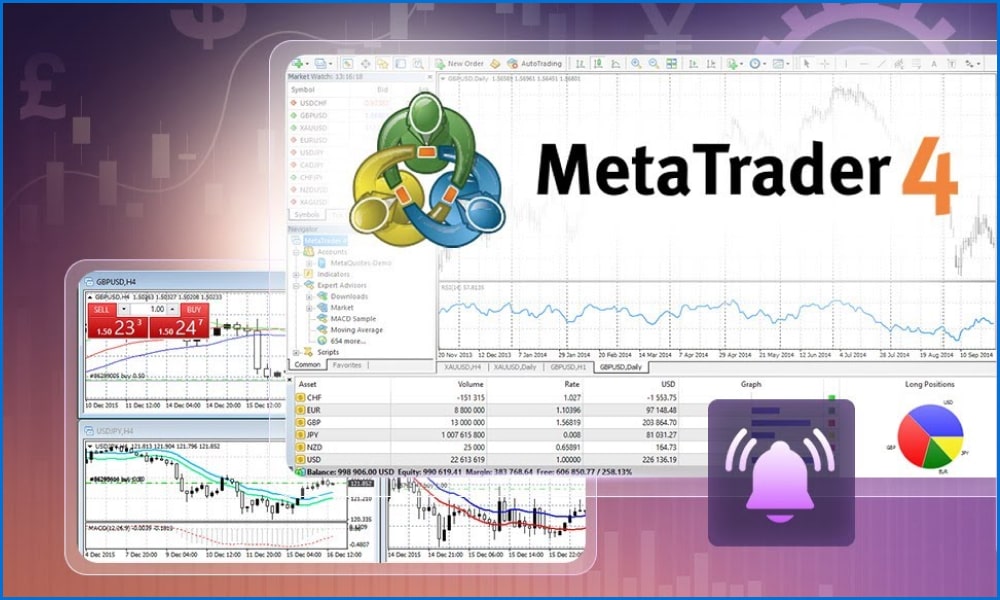It is critical for traders to know factors influencing the prices of their stock CFDs, as this will largely help to determine where they should actually invest and maximize their money. Stock CFDs enable a trade that speculates with price movements of stocks without actually owning the actual shares. However, there are various elements influencing the price of the stock CFD, so it is crucial to know how to use those factors to your advantage.
One factor that affects stock CFD is the performance of the underlying stock. The price of a stock CFD reflects the movement of the actual stock it tracks; in case the underlying stock goes up, the stock CFD price will in general go up also and vice versa. Market sentiment, fueled by news and the company’s performance, can have a huge impact on the price of a stock. Generally, the prices increase if there are positive earnings reports, product launches, or favorable market conditions. On the other hand, negative news makes the prices decline.
Economic indicators of prime importance for the stock CFD price moves. This includes statistics about interest rates, inflation, growth in Gross Domestic Product, and unemployment rates. Such statistics determine how a country is performing in general. The traders use such data to predict changes in the stock prices. For example, if a central bank is expected to increase interest rates, it sends signals that the economy is tightening up and thus gives way for stock prices to plunge. Conversely, healthy economic growth would propel stock prices up. This way, traders can pick trends in the marketplace by looking at these indicators and make appropriate movements as necessary.
Stock CFDs are highly sensitive to international events and risks generally in terms of politics, climatic risks, trade wars, changes in government policies-all of which create considerable volatility within the market. A change in dynamics in global trade or new regulations in a particular area will cause considerable price swings in those stocks. It would be much more useful to place the best prediction of price fluctuations and make proper trading decisions way in time through trading with an understanding of the global scenario.
Another primary determinator of stock CFD prices is market sentiment and investor psychology. Sentiment pushes the price up when investors appear positive about the market. Sometimes fear and lack of clarity may be a very terrible sell off, or selling frenzy in the market that will lower the prices. Sentiment is usually triggered through various factors such as global news or corporate reports otherwise social media trends. Understanding investor psychology and how it impacts the price of stocks can help one identify where to enter or exit a position trading Stock CFDs.
A stock’s supply and demand dynamics are another crucial factor. A favorite stock will keep going up if more people want it than the number available for supply. If more people want to sell rather than buy, then the price of the stock is sure to drop down. Closely monitor the trading volume and market liquidity of a stock if you want to predict where the price of your stock CFD will go.
It is understanding the influences behind a stock CFD price and using them as grounds for making the right trading decisions. Keep an eye on markets, economic data, and do not forget investor sentiments that might just play a crucial role in guiding your decision-making in a trade.








